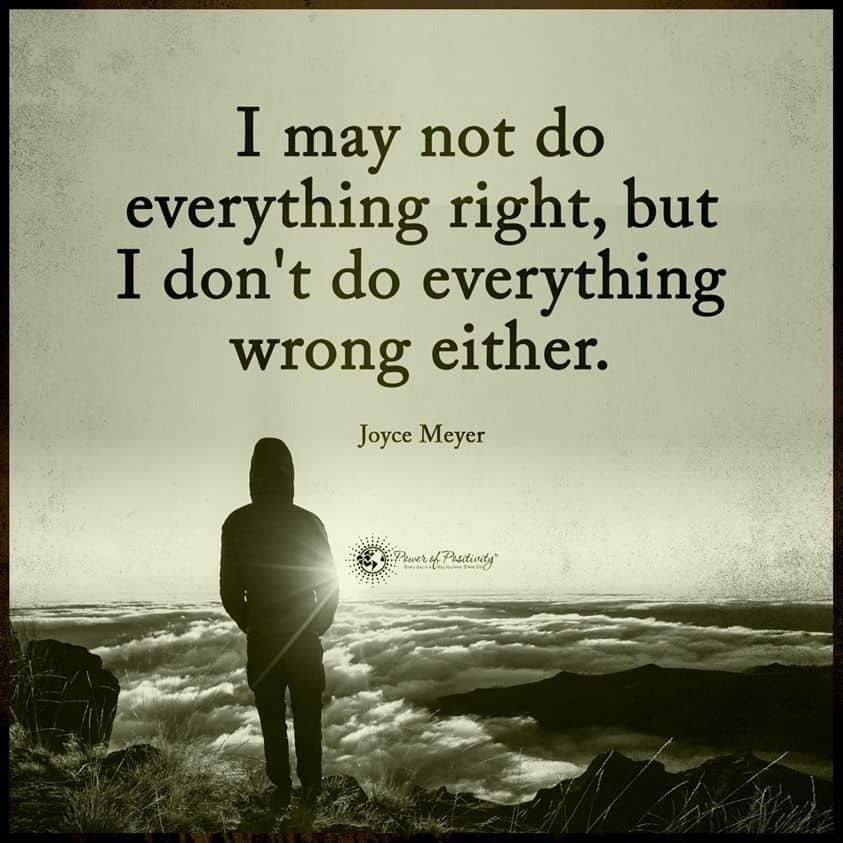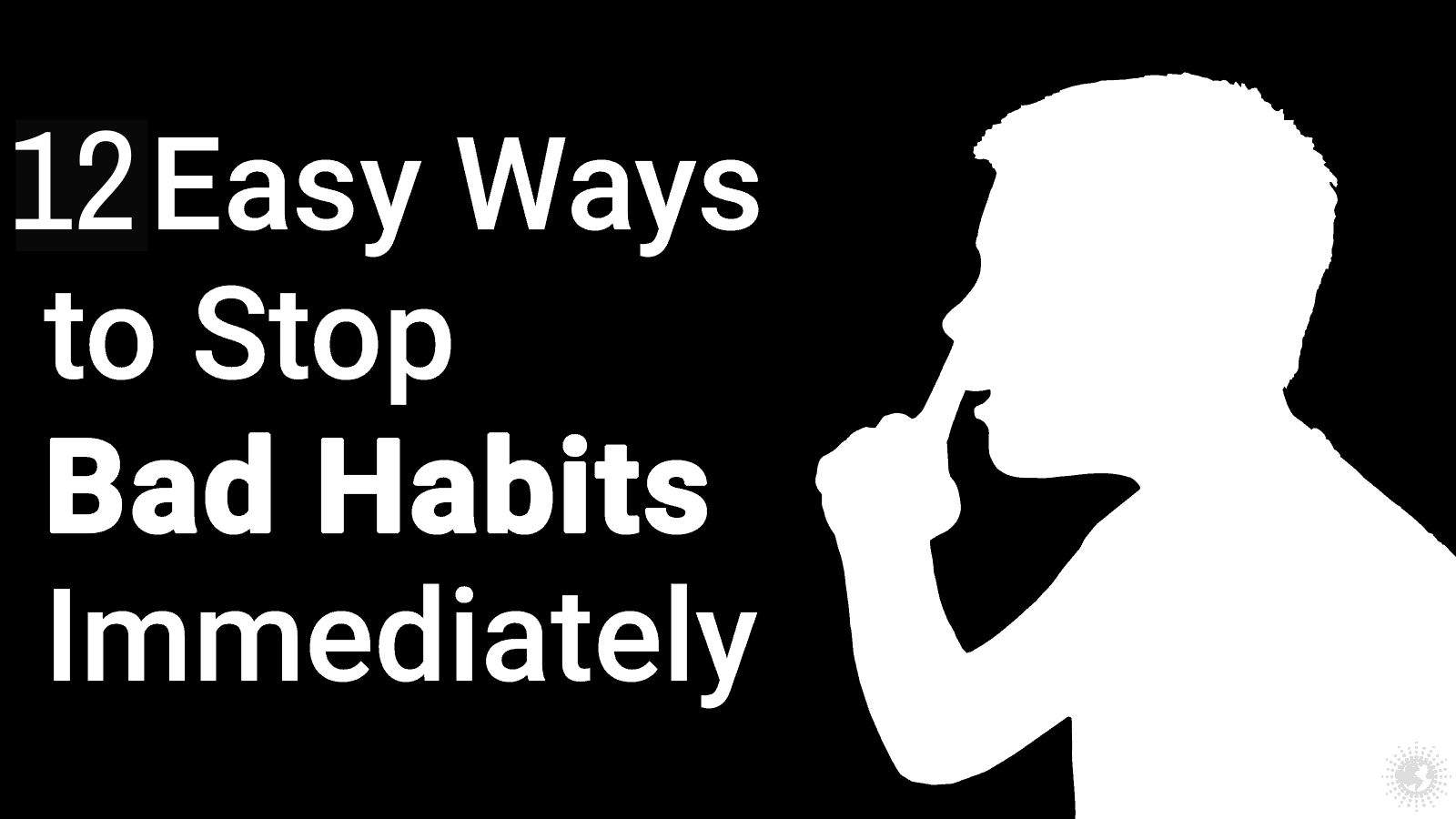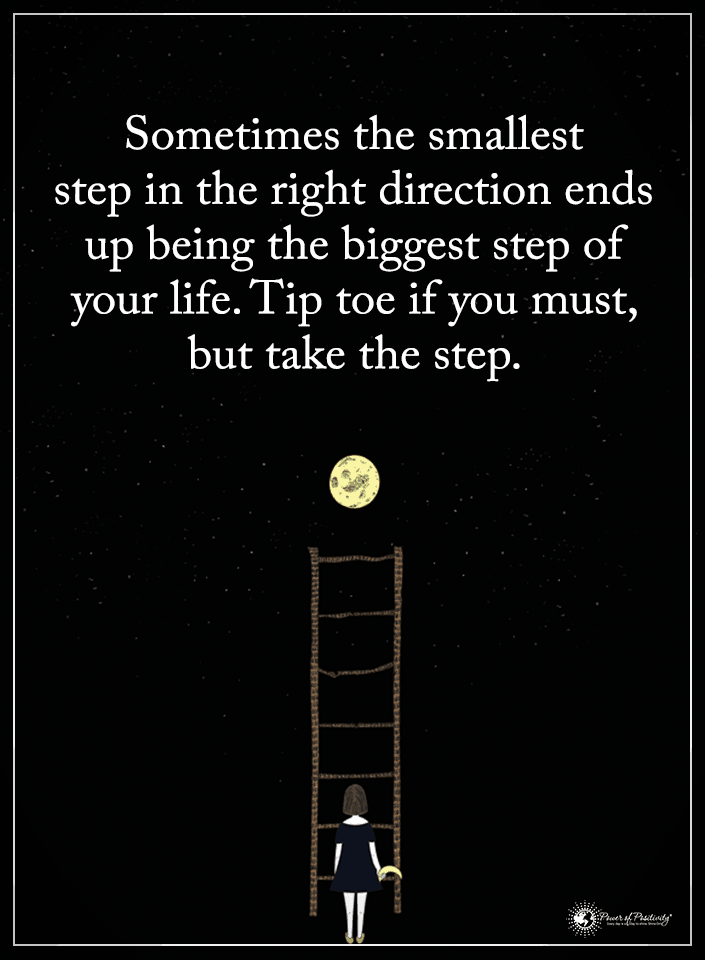Bad habits often creep into our lives unnoticed, subtly influencing our daily routines and overall well-being. Whether it’s procrastination, mindless snacking, or excessive screen time, these behaviors can hinder personal growth and happiness.
Understanding the science behind habit formation is crucial to overcoming these challenges. By identifying triggers, implementing practical strategies, and fostering self-awareness, it’s possible to break free from these patterns.
Read on to discover effective methods to help you eliminate unwanted habits, empowering you to lead a more intentional and fulfilling life. Embark on this transformative journey toward positive change and personal development.
Habits are behaviors we perform automatically, often without conscious thought. They develop through repetition and become ingrained in our daily routines. Understanding the psychology behind habit formation can empower us to cultivate positive habits and eliminate negative ones.
The Psychology Behind Habit Formation

Habit formation is a process where behaviors become automatic through regular repetition. This process involves the brain’s basal ganglia, which plays a key role in developing routines and patterns.
When we repeat an action in a consistent context, our brain begins to associate the context with the behavior, leading to automaticity.
Over time, this reduces the need for conscious decision-making, allowing us to perform tasks efficiently.
The Habit Loop: Cue, Routine, Reward
Charles Duhigg, in his book “The Power of Habit,” introduces the concept of the habit loop, which consists of three components:
- Cue: A trigger that initiates the behavior. This could be a specific time of day, an emotional state, or a particular location.
- Routine: The behavior itself—the action you take in response to the cue.
- Reward: The positive reinforcement you receive from the behavior, which makes it more likely you’ll repeat the action in the future.
For example, consider the habit of checking your phone:
- Cue: You feel bored.
- Routine: You pick up your phone and browse social media.
- Reward: You experience a temporary sense of connection or entertainment.
Understanding this loop is crucial for habit change. By identifying the cues and rewards associated with a habit, you can alter the routine to develop healthier behaviors.
For instance, if boredom triggers mindless snacking, recognizing this cue allows you to replace the routine with a more positive action, like going for a walk or reading a book.
By comprehending how habits form and the components of the habit loop, you can take proactive steps to modify your behaviors, leading to a more intentional and fulfilling life.
Identifying and understanding your bad habits is the first step toward positive change. By employing self-assessment techniques and recognizing triggers and patterns, you can gain insight into behaviors that may be holding you back.
Identifying Your Bad Habits
Self-Assessment Techniques
- Maintain a daily journal to document your activities, thoughts, and feelings. This practice helps uncover recurring behaviors and emotions associated with your habits.
- Use apps or habit-tracking tools to monitor specific actions. Recording the frequency and context of these behaviors can highlight patterns you might overlook.
- Engage trusted friends or family members to provide honest observations about your behaviors. External perspectives can reveal habits that are difficult to self-identify.
- Incorporate mindfulness meditation to increase self-awareness. Being present in the moment allows you to notice habitual actions as they occur.
Recognizing Triggers and Patterns
- Identify Cues: Determine the specific situations, emotions, or environments that prompt your bad habits. Common triggers include stress, boredom, or social settings.
- Analyze Routines: Examine the actions you take in response to these cues. Understanding the routine helps in identifying the habit loop.
- Evaluate Rewards: Consider the immediate gratification or relief you gain from the habit. Recognizing the reward can assist in finding healthier alternatives that provide similar satisfaction.
- Look for Patterns: Review your journal or tracking data to spot consistent behaviors. Patterns may emerge regarding when and why the habit occurs, offering insights into underlying causes.
By systematically assessing your behaviors and identifying triggers, you can develop strategies to interrupt negative patterns and replace them with positive habits.
This proactive approach fosters personal growth and enhances overall well-being.
12 Effective Strategies to Stop Bad Habits
1. Identify the Habit
Begin by clearly defining the specific habit you wish to change. Understanding its nature, frequency, and impact on your life is crucial. This self-awareness serves as the foundation for transformation, enabling you to address the behavior effectively. By pinpointing the habit, you set the stage for targeted strategies to overcome it.
2. Understand the Cue-Routine-Reward Loop
Habits operate through a loop: cue, routine, and reward. Identify the triggers (cues) that initiate the behavior, the actions you take (routine), and the benefits you receive (reward).
Understanding this cycle allows you to disrupt negative patterns by altering the routine or changing your response to the cue, leading to healthier behaviors.
3. Set Specific, Achievable Goals
Establish clear, measurable objectives for change. Instead of vague intentions, define precise targets, such as reducing soda consumption to one can per week.
Setting achievable goals provides direction and motivation, making the process of breaking the habit more manageable and increasing the likelihood of success.
4. Replace the Bad Habit with a Positive One
Substitute the undesirable behavior with a healthier alternative that offers a similar reward. For instance, if stress leads you to smoke, consider practicing deep-breathing exercises or engaging in physical activity.
Replacing the habit satisfies the underlying need while promoting well-being.
5. Modify Your Environment
Alter your surroundings to minimize exposure to triggers associated with the bad habit. If you tend to overeat junk food, keep healthier snacks accessible and remove tempting items from your home.
Creating an environment that supports your goals reduces temptations and facilitates positive change.
6. Practice Mindfulness
Stay present and conscious of your actions through mindfulness. This practice helps you recognize urges and habitual behaviors as they arise, allowing you to choose healthier responses instead of acting on autopilot. Mindfulness fosters self-awareness and empowers you to break free from negative patterns.
7. Develop a Support System
Share your goals with friends, family, or support groups. Their encouragement, accountability, and shared experiences can significantly boost your commitment to change.
A strong support system provides motivation, understanding, and assistance, making the journey to break bad habits more manageable.
8. Use Positive Reinforcement
Reward yourself for making progress toward breaking the habit. Celebrate small victories to reinforce positive behavior and maintain motivation.
Rewards can be simple pleasures or activities you enjoy, serving as incentives that encourage continued effort and commitment to change.
9. Be Patient and Persistent
Understand that breaking a habit takes time and effort. Be prepared for setbacks, and view them as learning opportunities rather than failures.
Persistence and patience are key; each step forward, no matter how small, brings you closer to overcoming the habit.
10. Visualize Success
Regularly imagine yourself free from the bad habit. Visualization can strengthen your resolve and keep you focused on your goals.
By picturing the benefits and positive outcomes of change, you reinforce your commitment and create a mental image of success that guides your actions.
11. Seek Professional Help if Needed
If a habit is deeply ingrained or linked to underlying issues, consider consulting a therapist or counselor for specialized strategies and support.
Professional guidance can provide personalized approaches, coping mechanisms, and insights that facilitate the process of breaking the habit.
12. Monitor Your Progress
Keep track of your journey by maintaining a journal or using habit-tracking apps. Regular monitoring helps you stay accountable, recognize patterns, and make necessary adjustments.
Documenting your progress provides tangible evidence of change, motivating you to continue your efforts toward breaking the habit.
Common Bad Habits and Solutions

Addressing common bad habits with targeted strategies can lead to significant personal growth and improved well-being. Here are some prevalent habits and specific solutions to overcome them:
1. Smoking
Solution:
- Recognize situations or emotions that prompt smoking, such as stress or social settings.
- Join support groups or consult healthcare professionals for guidance and accountability.
- Consider patches, gums, or lozenges to manage withdrawal symptoms.
- Engage in physical activities or hobbies to distract from cravings.
2. Overeating
Solution:
- Pay attention to hunger cues and eat slowly to savor each bite.
- Incorporate a variety of nutrients to promote satiety and reduce cravings.
- Track eating habits to identify patterns and emotional triggers.
- Utilize relaxation techniques like meditation or exercise to cope without turning to food.
3. Procrastination
Solution:
- Divide projects into manageable parts to reduce overwhelm.
- Establish clear timelines for each task to maintain focus.
- Create a conducive work environment by minimizing interruptions.
- Apply methods like the Pomodoro Technique to enhance productivity.
4. Social Media Addiction
Solution:
- Allocate specific periods for social media use and adhere to them.
- Disable alerts to reduce the temptation to check apps frequently.
- Pursue hobbies, exercise, or spend time with loved ones to fill time constructively.
- Employ apps that track and limit social media usage.
5. Negative Self-Talk
Solution:
- Be aware of self-critical thoughts as they arise.
- Replace negative statements with positive affirmations.
- Treat yourself with kindness and understanding, as you would a friend.
- Consider therapy or counseling to develop healthier thought patterns.
Recovery and Maintenance

Embarking on the journey to break bad habits is commendable, and maintaining progress requires dedication and resilience. Here’s how to navigate recovery and ensure lasting change:
Dealing with Relapses
Experiencing a relapse is a common part of the behavior change process and doesn’t signify failure. To manage relapses effectively:
- Recognize the setback without self-criticism. Understanding that relapses are part of the journey can reduce feelings of guilt.
- Identify the circumstances or emotions that led to the relapse. This insight helps in developing strategies to handle similar situations in the future.
- Remind yourself of your goals and the reasons behind your desire to change. This can reignite motivation and determination.
- Share your experience with a trusted friend, family member, or support group. External encouragement can provide perspective and accountability.
Long-Term Success Strategies
Achieving long-term success in breaking bad habits involves several key strategies. First, establish a consistent routine by integrating positive behaviors into your daily life until they become second nature. Setting incremental goals allows for steady progress and provides opportunities to celebrate small victories, reinforcing motivation.
Regularly monitoring your progress through journaling or digital tracking tools offers valuable insights into patterns and areas needing improvement, facilitating timely adjustments. Flexibility is essential; being open to modifying strategies as you learn what works best ensures continued advancement.
Prioritizing self-care by addressing physical, emotional, and mental health needs supports overall well-being, creating a solid foundation for sustaining positive changes. By embracing these strategies, you can foster lasting transformation and lead a more fulfilling life.
When to Seek Professional Help
While self-guided efforts are valuable, certain situations may require professional assistance:
- If you find it challenging to make progress despite consistent efforts, a professional can offer tailored strategies.
- Experiencing significant anxiety, depression, or other emotional difficulties related to habit change warrants expert support.
- Behaviors linked to underlying psychological issues, such as addiction or trauma, often need specialized intervention.
Consulting with a therapist, counselor, or healthcare provider can provide personalized guidance and resources to facilitate lasting change.
Stepping into a Brighter Future
Embarking on the journey to break bad habits is a commendable step toward personal growth and well-being. By understanding the psychology behind habits and implementing effective strategies, you can transform negative behaviors into positive ones.
Remember, change is a gradual process that requires patience, persistence, and self-compassion. Celebrate small victories along the way, and don’t hesitate to seek support when needed.
As you replace old habits with healthier choices, you’ll pave the path to a more fulfilling and intentional life.
After all, every great journey begins with a single step—why not take yours today?


















